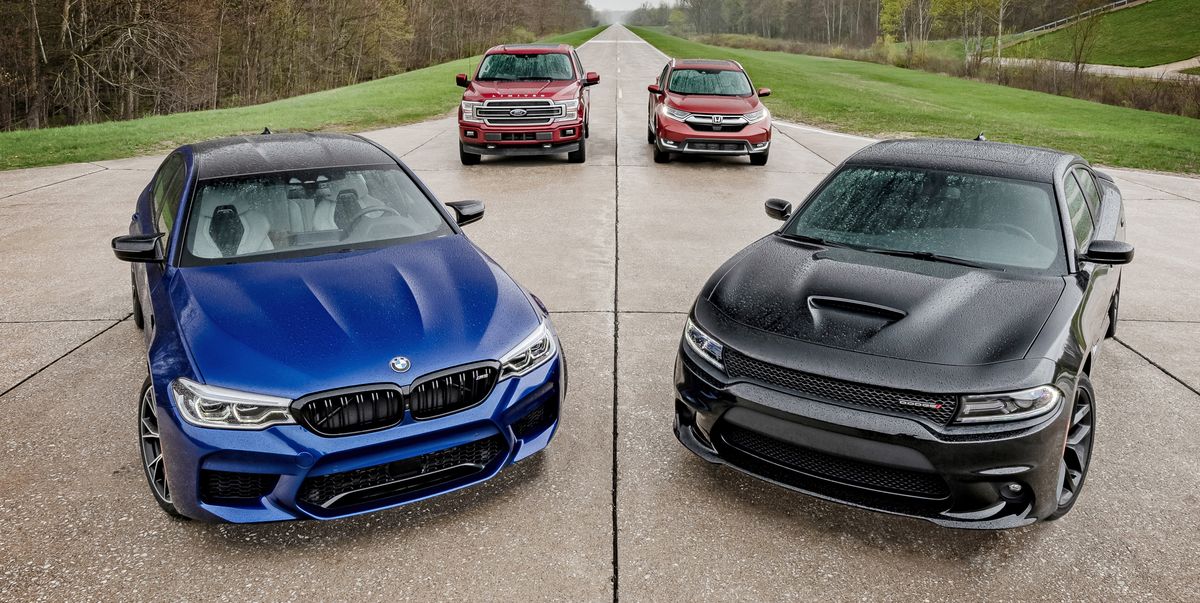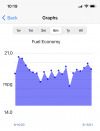- Joined
- Nov 20, 2020
- Messages
- 1,460
- Reaction score
- 3,270
- Points
- 113
- Age
- 58
- Location
- Free State of Florida
Never hauled anything heavier than about 3000# around the Florida flat lands and I can count the times I've floored it on three fingers. 87 since she left the lot and she's been a good girl. 













